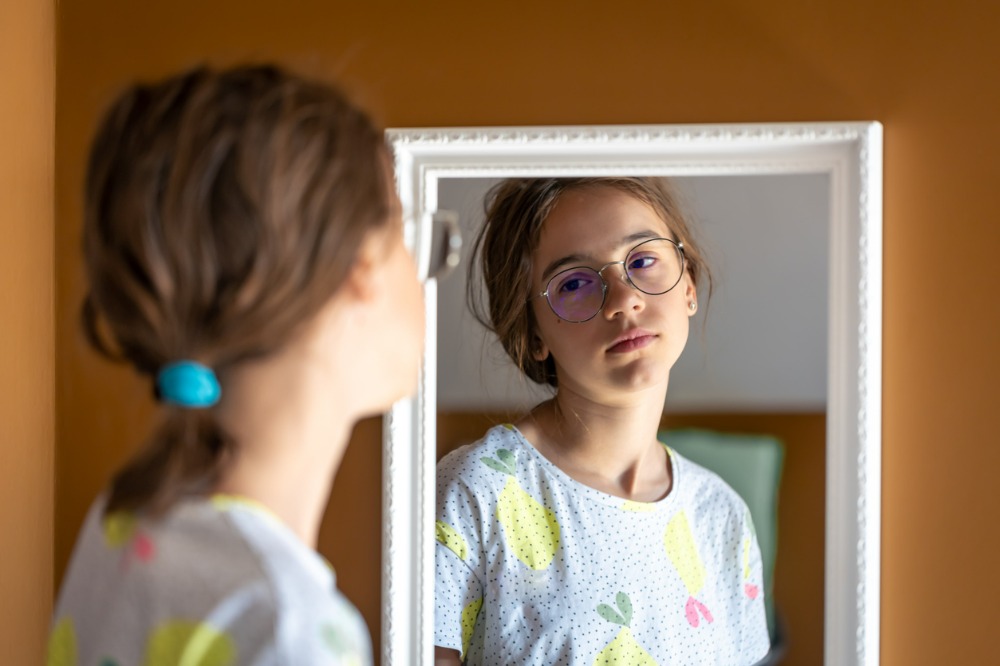
Twenty-one urgent recommendations have been presented to the government, addressing the harmful impact of social media on the body image and mental health of young Australians.
Swinburne neuropsychologist Professor Susan Rossell’s research group found nearly two-thirds of youths aged 12-18 feel dissatisfied with their bodies due to social media – a 12% increase since 2022. Despite 59% acknowledging the negative influence of diet and fitness content, two-thirds haven’t adjusted their online behaviour. The prevalence of eating disorders in 10-19-year-olds has surged by 8% since 2012, with the Butterfly Foundation noting a staggering 275% rise in helpline enquiries from under-25s since 2019.
Professor Rossell says that while there are many factors that contribute to the development of an eating disorder, body dissatisfaction is the highest modifiable risk factor and this dissatisfaction has been shown to be negatively impacted by social media use.
“The devastating figures highlight how prevalent this issue is in today’s society. While social media isn’t solely responsible for growing body image concerns, it certainly plays a part,” Professor Rossell said.
The recommendations were presented at roundtable discussion at Parliament House, co-hosted by the Butterfly Foundation, with Zoe Daniel, MP alongside Susan Templeman, MP, Andrew Wallace, MP. The working group featured eating disorder sector experts, individuals with lived experience and representatives from Meta.
Key recommendations included modifying the Online Safety (Basic Online Safety Expectations) Determination 2022, amending the Online Safety Act 2021 and requiring social media platforms to be transparent about their algorithms.
The recommendations for legislative modification involved social media platforms being required to explicitly give users the opportunity to reset their generated algorithms easily (and on demand), and supporting the Australian public to report to the eSafety Commissioner when they see material that could negatively affect their body image.
“These 21 recommendations will help to make social media safer for young people’s body image,” Professor Rossell said.
“Legislative reform, social media algorithms, platform tools and features, interventions, training, resources and research are all crucial in fixing young people’s relationship with their body and social media.”
Professor Rossell called on the government needs to take action and start prioritising the mental health of young people in Australia.
“Reforming policies and working closely with social media platforms and independent third parties is just a small step. This needs further support.”
